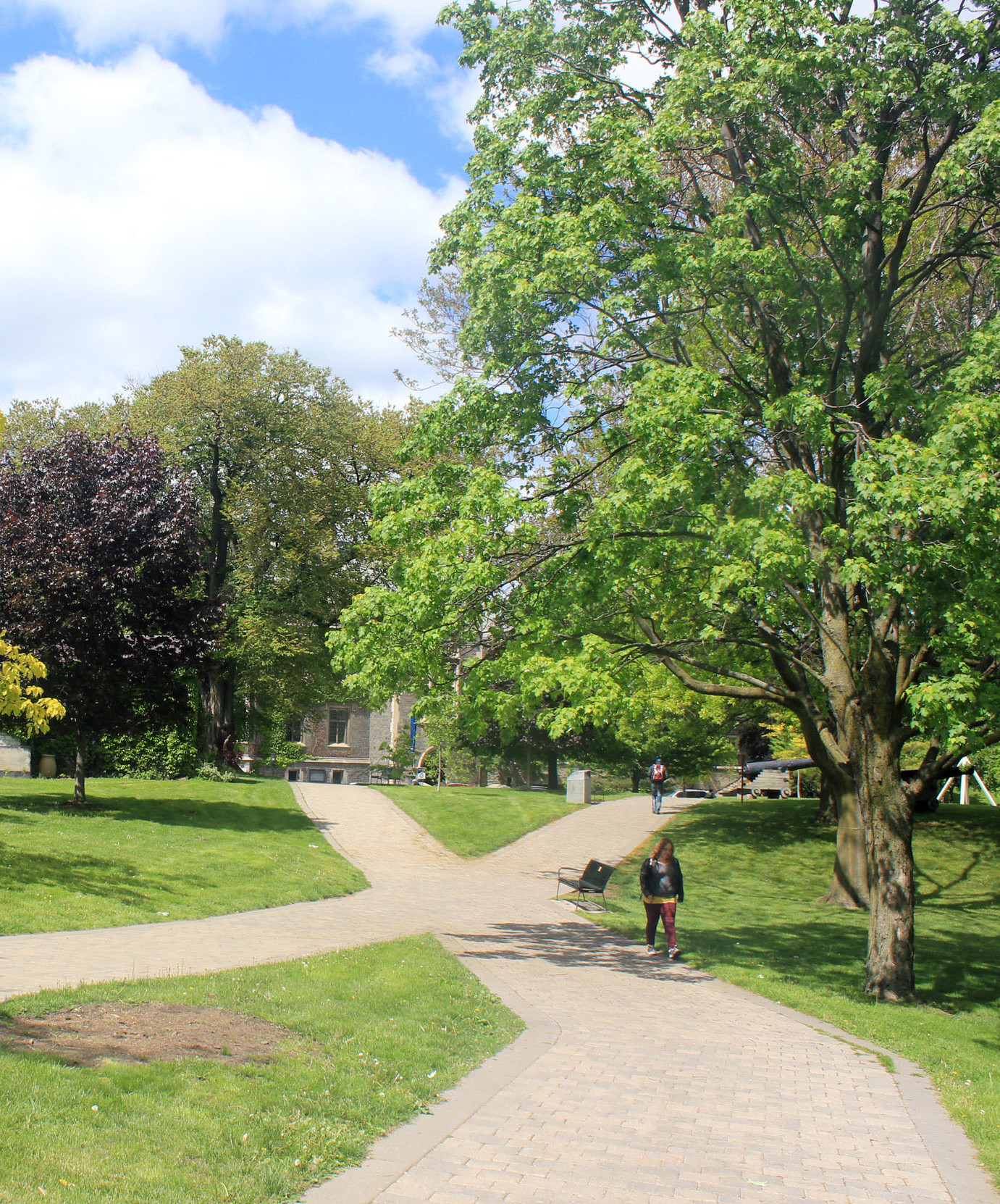
When an Accused Sexual Harasser is an Academic Superstar
Although I have never had any in-person interactions with Cohen, this story is personal to me. I know and admire two of the women who have bravely broken the silence. And I am a literary scholar who has written about Jewish continuity and intermarriage in contemporary literature, so I have spent a good bit of time with Cohen’s writing, respectfully disagreeing with his assumptions that intermarriage weakens the social fabric of Jewish communal life.
We also had a virtual exchange about two years ago that left me uncomfortable then and even more so now, after learning about his ways with academic women. Shortly before the 2016 New York Presidential primary, Cohen noted on an academic listserv that he had written an op-ed for the JTA news service about his support for Bernie Sanders. His piece was part of a series that included supporters of all the candidates on the ballot. All of the op-eds were written by men, which was particularly ironic given that JTA had just apologized for a profoundly gender-imbalanced list of influencers on Jewish Twitter. I wrote an essay entitled “The Narrowness of Media Boys Clubs” for Lilith. As a professional courtesy, I sent Cohen a link to the piece and made it clear that I did not hold him responsible for the gender imbalance of the series.
Although he was quite complimentary about my essay in his e-mail response, he spent most of his reply establishing his feminist bonafides and copied this e-mail to a woman with whom he had worked years ago on amplifying women’s voices in the media. In this short e-mail, he also managed to mansplain to both of us the “need to struggle against some very deep [gender] issues in our culture, psychology, and more—a life’s task.”
At the time, I was minorly miffed. I’m an academic woman of a certain age, and when male academics try to prove that they are woke and always have been, I can’t help but virtually roll my eyes. When they seek to amplify the audience for such feminist self-fashioning, the eye roll goes on a bit longer than it otherwise might.
But after reading the allegations of Cohen’s unprofessional conduct, I understand his woke act as part of what enabled him to get away with what he himself admits is a “a pattern” of “inappropriate behavior.” He wielded his sociological and professional knowledge—not to mention his significant professional prestige and power–as a weapon against smart women, many if not most of whom were Jewish.
According to the Jewish Week’s reporting, his current employer, HUC-JIR, has apparently started a Title IX investigation. Hopefully, more of the women who have been directly affected by his sexual misconduct will be empowered to choose whether or not to report their experiences. And I’m guessing that I’m just one of many, many women who retrospectively find themselves reflecting upon a continuum of Cohen’s behaviors that are emblematic of toxic masculinity.
Such are the ripples when an academic superstar is accused of being a serial sexual harasser.
But there are other ripples as well. Some of these are scholarly and methodological. Already a debate has started about how Cohen’s research on intermarriage and demographic trends relate to his sexual misconduct. Ronit Stahl, Katie Rosenblatt, and Lila Corwin Berman argue that the allegations against Cohen “reflect the troubling gender and sexual politics long embedded in communal discussions of Jewish continuity and survival, the focus of Cohen’s work.” As they put it, “data can only be as good as the questions asked, and it reflects how researchers regard their world.”
In other words, are Cohen’s readings of marital trends and fertility rates among Jews related to behaviors that one of his victims categorizes as “about conquest”? To what extent will we able to separate the research from the researcher, and should we? With what sort of contextualizing footnotes do we now cite his work?
And then there’s the issue of academic culture and the gendered mistrust it creates. Hannah Dreyfus’ investigative reporting makes it clear that lots and lots of people knew that Cohen habitually behaved very, very badly. That, too, is sickening. Which of my male colleagues in Jewish Studies listened to an academic gatekeeper brag about “sleeping with all the smart Jewish women” and said or did nothing? Or worse, enjoyed and encouraged such talk in the halls of academe? How often was Cohen’s alleged sexual misconduct reductively reduced to a case of being “handsy”? Who witnessed what and said nothing? Or worse, gaslighted the woman telling her story, or told her that she should be thinking of Cohen and his career?
Such questions, too, are the ripples created by every #MeToo story—in this case, that of an academic superstar.
Helene Meyers is Professor of English and McManis University Chair at Southwestern University in Texas. The author of three books, most recently Identity Papers: Contemporary Narratives of American Jewishness, she is currently at work on a project about Jewish American movies. Her more journalistic work has appeared in Lilith, Tablet, Forward, Ms. Magazine Blog, the Washington Independent Review of Books, the Chronicle of Higher Education, and Inside Higher Education. Find her on Twitter: @helene_meyers
One comment on “When an Accused Sexual Harasser is an Academic Superstar”
Comments are closed.





I am a queer woman researcher, I worked with him, he was super respectful and kind. Not all of his behaviour was on a continuum of toxic masculinity. Many women have had a productive and empowering relationship with him. He is not the devil you are making him out to be.